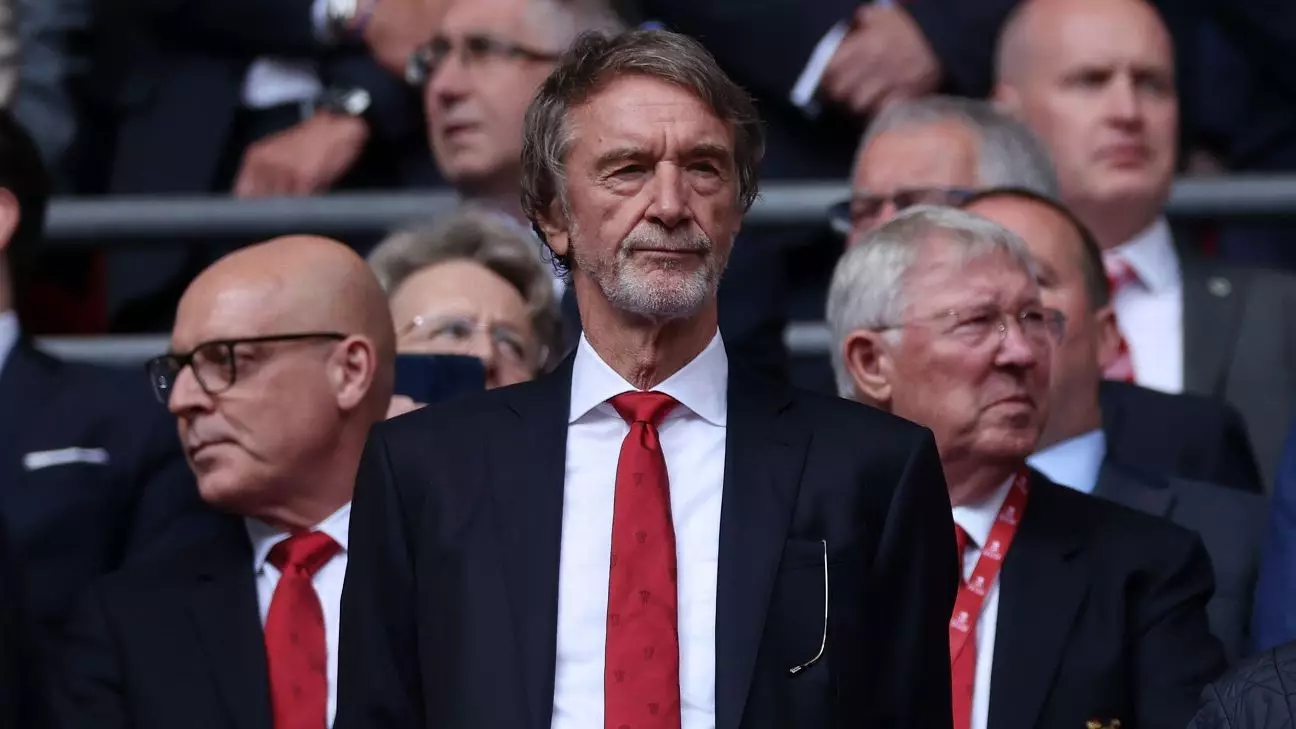Manchester City and Manchester United have received approval from UEFA’s Club Financial Control Body (CFCB) to participate in European competition next season. This decision follows concerns raised due to the multi-club ownership structure involving both Manchester City and LaLiga side Girona, as well as Manchester United and Ligue 1 club Nice.
To comply with UEFA’s regulations on multi-club ownership, significant changes have been made to the ownership, governance, and financial support of the involved clubs. Shares in Girona and Nice have been transferred to independent trustees through a blind trust structure overseen by the CFCB. These measures are in place until the 2024-25 season, after which the shares will revert to their original owners.
Jim Ratcliffe’s INEOS group, which has ownership stakes in Manchester United and Nice, had to make adjustments to meet UEFA’s requirements. Ratcliffe purchased a 27.7% stake in Manchester United and acquired Nice in 2019. Despite this ownership structure, UEFA has imposed restrictions on certain transfer activities, such as United’s attempts to sign players from Nice.
While Manchester United faced obstacles in acquiring players from Nice due to UEFA’s restrictions, Manchester City is expected to secure the signing of Sávio from parent club Troyes. Sávio, who was on loan at Girona last season, will join City for the upcoming season. This transfer arrangement circumvents any conflict with UEFA rules regarding multi-club ownership.
UEFA’s decision to allow Manchester City and Manchester United to participate in European competition involved careful consideration of the clubs’ ownership structures. By implementing temporary measures and ensuring compliance with regulations, both clubs can now focus on their upcoming European campaigns without facing any eligibility issues. Despite the challenges posed by multi-club ownership, the clubs have taken necessary steps to meet UEFA’s requirements and secure their places in continental competitions.
